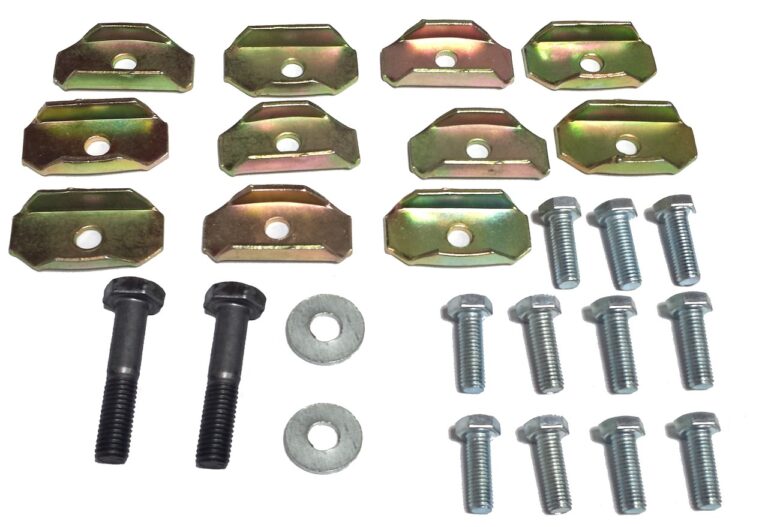Regulatory Implications of Automotive Vehicle-to-Cloud (V2C) Communication: Sky247 login, Diamondexch9.com, Tiger exchange
sky247 login, diamondexch9.com, tiger exchange: Automotive Vehicle-to-Cloud (V2C) communication is revolutionizing the way vehicles interact with the cloud. This technology allows vehicles to communicate with the cloud to access real-time data, receive software updates, and enhance overall driving experience. However, as this technology becomes more prevalent in the automotive industry, there are important regulatory implications to consider.
1. Data Privacy and Security
One of the key regulatory implications of V2C communication is data privacy and security. With vehicles constantly sending data to the cloud, there is a risk of personal and sensitive information being exposed. Therefore, it is crucial for automakers to implement robust security measures to protect this data from cyber threats.
2. Compliance with Data Protection Regulations
In addition to ensuring data security, automakers must also comply with data protection regulations such as GDPR and CCPA. These regulations require companies to obtain user consent before collecting and processing personal data. Automakers need to be transparent about the type of data collected through V2C communication and how it will be used.
3. Standardization and Interoperability
Another regulatory implication of V2C communication is the need for standardization and interoperability. As more vehicles communicate with the cloud, it is essential for automakers to adhere to common standards to ensure seamless communication. This can help prevent compatibility issues and promote interoperability between different vehicles and cloud platforms.
4. Liability and Accountability
In the event of a data breach or malfunction caused by V2C communication, determining liability and accountability can be complex. Automakers need to clearly define responsibilities and legal obligations related to the use of V2C communication to protect both consumers and themselves from potential legal consequences.
5. Ethical Considerations
With V2C communication comes ethical considerations regarding data usage and privacy. Automakers must ethically collect, use, and protect data to build trust with consumers. Transparency and accountability are essential to maintain ethical standards in the development and deployment of V2C communication technology.
6. Regulatory Compliance and Certification
To ensure compliance with regulations and standards, automakers must undergo rigorous testing and certification processes. Regulatory bodies may require proof of compliance with data protection regulations and cybersecurity standards before allowing the deployment of V2C communication in vehicles.
FAQs:
Q: Is V2C communication safe?
A: Automakers are implementing robust security measures to protect data transmitted through V2C communication, but there is always a risk of cyber threats. It is essential for consumers to stay informed about data security practices and potential risks associated with V2C communication.
Q: How can consumers protect their data with V2C communication?
A: Consumers can protect their data by regularly updating software in their vehicles, setting strong passwords, and being cautious of sharing personal information with third parties through V2C communication.
Q: What should consumers do if they experience a data breach through V2C communication?
A: In the event of a data breach, consumers should contact the automaker immediately and report the incident to the relevant regulatory authorities. It is essential to take prompt action to protect personal data and prevent further security breaches.
In conclusion, the regulatory implications of V2C communication play a crucial role in shaping the future of automotive technology. Automakers must adhere to data privacy regulations, ensure data security, promote interoperability, and maintain ethical standards to build trust with consumers and regulatory bodies. By addressing these regulatory implications, V2C communication can continue to revolutionize the automotive industry while safeguarding consumer privacy and security.







